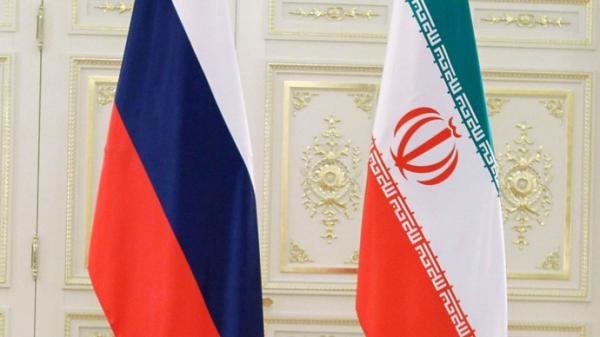Relations between Russia and Iran hit a rough patch
Relations between the two best friends, Iran and Russia, began to deteriorate. The reasons for this were two factors. The first is the territorial claims of the Islamic Republic to three islands in the Strait of Hormuz.
On Monday, July 10, Russian Foreign Minister Sergei Lavrov met with colleagues from the member countries of the Gulf Cooperation Council: The Kingdom of Bahrain, Qatar, Kuwait, Oman, Saudi Arabia, the United Arab Emirates and the Secretary General of the organization Jassim Al-Budaiwi. The parties signed a statement, one of the points of which caused indignation in Iran: in the communiqué, Russia supported the position of the UAE in relation to the islands of Abu Musa, the Greater and Lesser Tunbs, which the emirates consider illegally seized by Iran.
Two days later, the Foreign Ministry of the Islamic Republic summoned the Russian ambassador to Tehran, Alexei Dedov, and voiced a protest. The Ministry demanded that Russia changed its position on this issue. Iranian Vice President for Legal Affairs Mohammad Dehghan said that only Tehran has rights to the islands, and this is topic is not up for discussions. Some Iranian experts even called on Tehran to reconsider relations with Moscow.
Another contentious issue between Mosco and Tehran is the delivery of Su-35 fighter jets which Iran bought from Russia.
Two years ago, during Hassan Rouhani's second presidential term, Tehran ordered 50 fighter jets from Moscow. Russia promised to fulfill the contract by 2023. However, as the commander of the Iranian Air Force, Brigadier General Hamid Vahedi, said in an interview with Iranian state television, the money was given, but there are no planes.
"As for the purchase of Su-35 fighters, we need them, but we do not know when they will be received by our squadron," he said.
Tehran needs new fighter jets to upgrade its air force fleet, which mainly consists of American aircraft that were in service before the 1979 revolution.
To speed up deliveries of the Su-35, Iran agreed last year to deliver hundreds of drones to Russia for strikes on Ukrainian cities. However, now Iranian officials do not expect Moscow to keep its word, writes the news outlet Bourse & Bazaar.
One of the interlocutors of the newspaper, a former diplomat, said that Iranian hardliners "fell into the trap", considering themselves equal partners of Russia since "Russians are lining up up to buy weapons from them." According to him, the delivery of drones contributed to the political isolation of Iran, giving Western officials the impression of deepening cooperation between Moscow and Tehran against the backdrop of the war in Ukraine.
Iran believes that one of the possible reasons for the delay in the delivery of the Su-35 is the influence of Israel. In June, Israeli Prime Minister Benjamin Netanyahu told the Russian authorities that he was extremely concerned about Moscow's growing military cooperation with Tehran, news website Axios wrote, citing Israeli MPs.
"While officials in Tehran continue to seek a partnership with Russia, it is becoming increasingly clear that Russian officials see their relationship with Iran as nothing more than a card that can be played according to their needs," BourseBazaar writes.
At the same time, Russian experts believe that disputes between countries are unlikely to bring to naught all initiatives that are beneficial to them.
